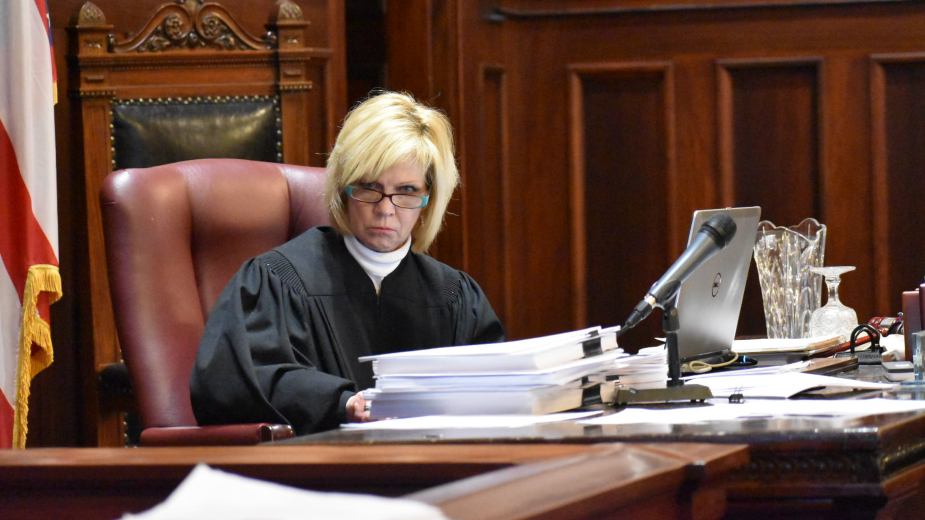Judge Denies Marchionda Dismissal Motion
YOUNGSTOWN, Ohio – Mahoning County Common Pleas Judge Maureen Sweeney has ruled against dismissing 10 counts and to exclude evidence supporting four more in developer Dominic Marchionda’s upcoming trial on corruption charges.
Instead, she will rule upon the motions to dismiss and exclude specific counts in the indictment after state prosecutors present their case, Sweeney wrote in a March 5 judgment entry.
Marchionda’s attorney, John McCaffrey, had sought to dismiss 10 counts including theft, tampering with records and money laundering and to exclude evidence related to charges of aggravated theft and an attempt to secure funds by deception that he argued fell outside the statute of limitations.
Marchionda, former mayor Charles Sammarone and former city finance director David Bozanich were charged in a 101-count indictment in August 2018. Sammarone will go on trial March 16 while Bozanich and Marchionda will go on trial June 1.
Sweeney held five days of hearings related to McCaffrey’s motions.
The counts, McCaffrey argued, are not covered by the two tolling agreements Marchionda entered into as a “potential cooperating witness,” both of which were for 365 days and stated that prosecutors believed the statute of limitations was about to run out on the money laundering, records tampering and theft “pertaining to” development of the Madison Avenue fire station. He argued that the language limits the tolling agreement to the fire station.
The state’s position is that the statute of limitations has not run because it doesn’t start until the corpus delicti – concrete evidence of the crime — is discovered. Prosecutors also are relying on the “perfunctory language” in the tolling agreement – “development that has occurred or was occurring in downtown Youngstown.”
Sweeney held the state’s argument, that the statute of limitations doesn’t begin to run until the corpus delicti is discovered, and further held there is no provision for summary judgment in a criminal case. She said she would allow the state to present its case and, through a Criminal Rule 29 motion, permit the defense to argue that the statute of limitations has expired.
“The court, however, does not believe that the tolling agreements pertained to development that did occur or was occurring in downtown Youngstown, Ohio,” she continued. A tolling agreement, she added, “should be interpreted as a contract and be strictly construed against the writer.”
Viewing the clauses in the tolling agreement in their entirety and construing them against their drafter – namely, the state of Ohio – the court found that the state believed the statute of limitations was running on Marchionda and the fire station project. It further found that since Marchionda signed the tolling agreement individually and not as an officer of any of his companies, he did not subject any business entity to the agreement.
Among the charges facing Marchionda are allegations that he used wastewater development grant money earmarked for a development project for his personal use. Bozanich is accused of accepting a bribe of between $20,000 and $25,000 in return for his support of the project with a city development agreement.
All three men have pleaded not guilty.
Copyright 2024 The Business Journal, Youngstown, Ohio.



